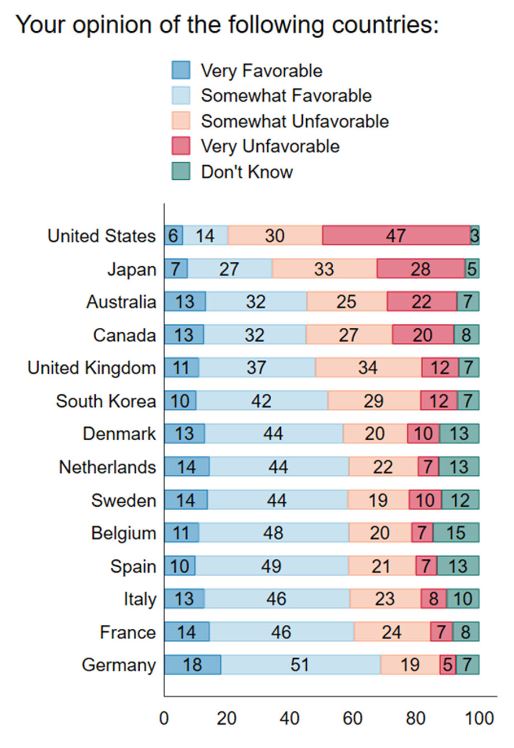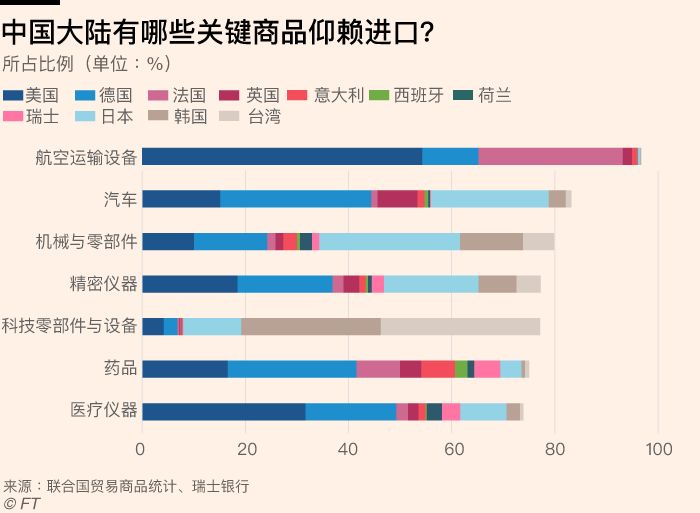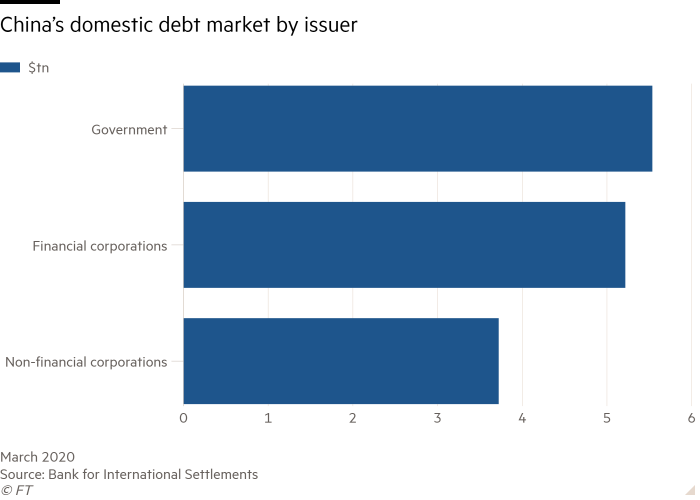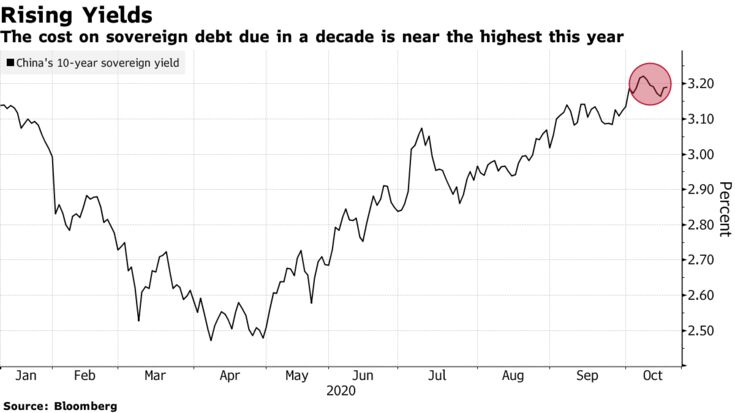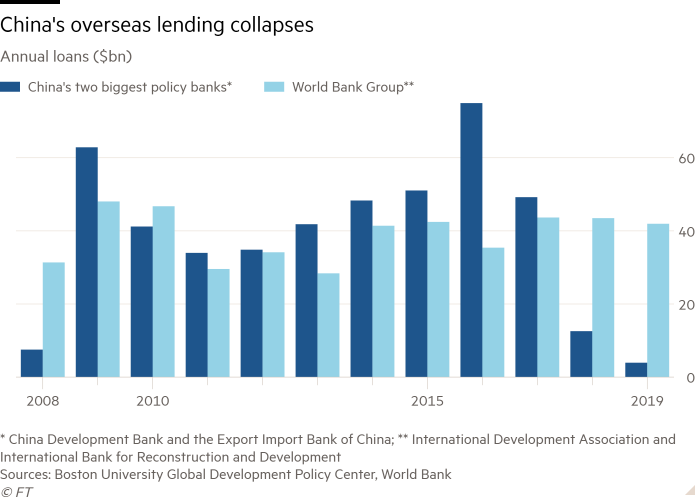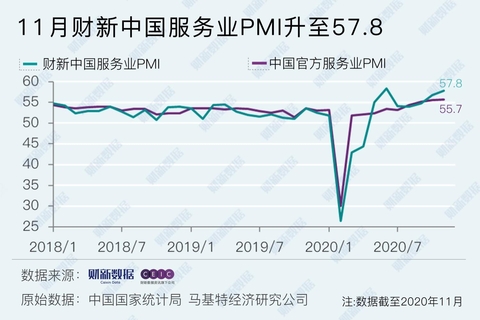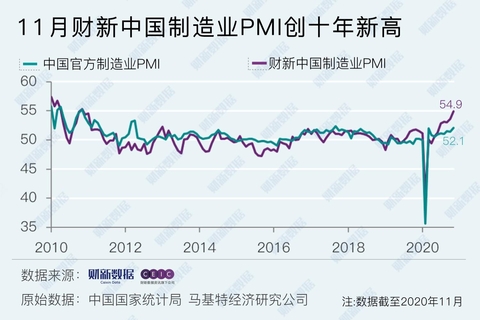傅高義關於日本的研究在日本享有盛名,他也被認為是一名對中國頗有研究的學者。根據資料,傅高義(Ezra Vogel ),1930年出生。他是哈佛大學教授,曾任哈佛大學東亞研究中心主任、費正清中國研究中心主任等職。1993-1995年,他曾在美國國家情報委員會擔任負責東亞事務的情報官。傅高義精通中文和日語,被認為是美國唯一一位對中日兩國事務都精通的學者。
以前中國半導體行業不能起飛的原因之一是政府民間大企業都三心二意,因為與西方企業一樣,第一是利潤,保證產品質量就不能用國產,但美國過去幾年的行為已經把中國全社會推到一個別無退路的地步,結果極其可能是中國半導體產業的翻身
*************************************************************************************
Despite the shipping disruptions, some companies that have kept their production in China throughout Mr. Trump’s trade wars are now feeling vindicated.
Mr. Foreman said he considered moving some operations to Vietnam or India, like many toymakers did amid the trade wars last year, but “staying in China ended up to be the best move.”
“China still has the best production supply chain of anybody in the world, and as it turned out, they were able to tackle the pandemic faster and more efficiently than anybody else,” he said. “China certainly has tested the boundaries and proven that they can weather the storm, as great as a storm as we’ve seen in a hundred years.”
After pulling in $230 billion from foreign investors to its fixed-income market in the past five years, China will see about $770 billion more in the next five, Goldman analysts including Kenneth Ho estimated in October
The U.S. is in danger of losing its dominant leadership position in global financial services( Henry M. Paulson)
Both Biden and his closest advisors remain committed to an image of U.S. global leadership, that was never as successful as they believe and is badly outdated today. It is a vision that assumes the United States can still exert the same level of global influence it did when it constituted upwards of 30 percent of the world economy and it enjoyed a well-deserved reputation for administrative competence and diplomatic prowess. Although Biden et al may recognize that the unipolar era is over and that the United States cannot solve every global problem on its own, their own statements suggest that they would still like to try
拜登:“Why America Must Lead Again”,“his foreign policy “will place the United States back at the head of the table.” Not just at the table, mind you, but at the head.”“We are back”
Sullivan sought to reclaim the idea of American exceptionalism, “A nation’s foreign policy is the total of imperfect decisions made by imperfect people facing imperfect choices with imperfect information.” But then we are perfect.
By 2019, total federal R&D spend constituted just 2.8 per cent of all federal spending and just 0.6 per cent of GDP
印度的感覺:Nor do they explain the timing of Chinese actions, or why China is simultaneously asserting herself across the board in Asia — in the Senkakus, on Taiwan, in Hong Kong, in the South China Sea, with Australia and so on, and her new “wolf warrior” diplomacy
中國政府和中國人給自己的辯護是咱不壞, 胖皮襖(美國外長蓬佩奧,Mike Pompeo)才壞【3】,這種說法的代表作之一《中國日報》駐歐盟辦公室主任陳衛華與其說是反應中國國內一種偶廣泛群眾基礎的反美思潮和氣氛,不如說中國在單槍匹馬胖皮襖的攻擊性如喪家之犬,隻能以惡對惡,你凶我更凶,你壞我更壞,你狠不如我狠。
Although China does not want to usurp the United States’ position as the leader of a global order, its actual aim is nearly as consequential. In the Indo-Pacific region, China wants complete dominance; it wants to force the United States out and become the region’s unchallenged political, economic, and military hegemon. And globally, even though it is happy to leave the United States in the driver’s seat, it wants to be powerful enough to counter Washington when needed
rather than fundamentally overturn the order in Asia and compete with U.S. influence globally:什麽秩序?
make no mistake: the ultimate goal is to push the United States out of the Indo-Pacific and rival it on the global stage
To remain dominant, Washington will have to change course:美國就是要稱霸
It will have to deepen its involvement in the liberal international order.
It will have to double down on its commitment to American values:是什麽?
In the political realm, China has undertaken a combination of covert actions and public diplomacy to co-opt and neutralize foreign opposition
Beijing has been especially innovative in its use of economic power:(一帶一路)絕對是任何都是負麵,都質問中國是不是有動機,其實也不用問,因為中國就是壞蛋
What China does demand from recipients, however, is allegiance on a number of issues, including the nonrecognition of Taiwan:為什麽這是個問題?
the Belt and Road Initiative “is intended to enable China to better use its growing economic clout to achieve its ultimate political aims without provoking a countervailing response or a military conflict.”為什麽這是件壞事?
如果我這個主意大家覺得好,我也能給大家帶來好處,還和和氣氣,自然受到大家愛戴,這難道就是別有用心要做什麽鬼事,如搶走了美國的霸主位置?你也來好了。The key is that Beijing has left the military dimensions of this project ambiguous, 隻有自己有鬼才會證明想:generating uncertainty within Washington about its true intentions
China could still use the economic and political influence generated by the project to limit the reach of American power
作者是空軍出身的研究員,比較直接。整篇的立足點是大國爭霸,也就是說大國一定爭霸,必須爭霸,恰似江湖。
Beijing has created uncertainty about its ultimate goals by supporting the order in some areas and undermining it in others.
Under Xi, China is unabashedly undermining the U.S. alliance system in Asia. It has encouraged the Philippines to distance itself from the United States, it has supported South Korea’s efforts to take a softer line toward North Korea, and it has backed Japan’s stance against American protectionism:有些有道理有意見,有些胡來
It is building offensive military systems capable of controlling the sea and airspace within the so-called first island chain and of projecting power past the second. It is blatantly militarizing the South China Sea, no longer relying on fishing vessels or domestic law enforcement agencies to exercise its conception of sovereignty
大部分都是錯的,泛太協定不合符美國民意,大家為什麽不懂?
But China has an Achilles’ heel: its leaders have failed to articulate a vision of global dominance that is beneficial for any country but China:發展才是硬道理
中國政府判斷美國衰落已勢不可擋,所以美國旨在遏製中國崛起,經川普政府過去四年的所為已經驗證,所以中國政府所行必須圍繞在擺脫美國的遏製。美國有能力影響中國政府的行為,但必須向中國政府證明美國並沒有衰退,這是避免中國風誤判,引發戰爭的必要手段。作者把中國的這種看法的起源歸咎於馬列主義曆史決定論,但這是簡單化了,如果這是曆史決定論,那這些曆史階段可能幾百年,不可能影響中國幾個五年計劃。
不過川普政府內外的極端分子可能真的把中國政府糊弄了,有點弄假成真的意思,另一方麵,從今天兩黨達成共識的現狀來看,中國政府的謹慎也不是弓杯蛇影,甚至無中生有,問題是除了那麽激烈地反擊,戰狼似的,還有其他更有效的手段嗎?真如有人所言,是個天賜良機嗎?不太可能,中國不可能在幾年之內奪取美國的地位,而且美國對中國的禁運是實實在在的,中國不可能不把它當成頭一等國家大事,美國已經變成不僅僅不可靠,還是敵人,中國這邊能做什麽?
China’s behavior in these areas is often at odds with U.S. interests and a rules-based order, with Beijing flouting rules it dislikes and undermining liberal norms and values:美國精英是不會放棄美國優越論。淳樸上台,美國精英就像沒看見一樣。白等上台就是體製完好嗎?51.3%比46.9%,4.4%勝出,那47%的人呢?他們多少還是不認輸?
How should U.S. strategy toward China grapple with these changes? Given the dismal track record of the past several years, some may be tempted to try to undo these shifts by reassuring Beijing that the United States does not in fact intend to keep China down:承認美國政府是造成中國這一認識的主要因素,不過“To be sure, Xi would like to de-escalate the trade and technology conflicts with the United States to buy time”,不會覺得中國死好東西,“China’s rulers have built their strategy on a profound underestimation of the United States”。自強是警告中國的最佳途徑,“The United States must also band together with allies and partners in Asia and Europe to push back”。“disentangling themselves entirely from supply chains that create unacceptable vulnerabilities to China”,這跟中國有什麽區別?“such steps could also eventually create space for China’s leaders to decide that addressing these urgent shared problems is more important than believing their own paranoid visions of the United States”,好像中國無事生非似的。
首先選擇,峰會首先要選擇,一選,美國自己成了老大,選誰,就成了內訌的原因,難道為了遏製中國是任何願意與中國為敵的國家?歸根結底是“民主”表麵光鮮,內容千差萬別,而且不少美國“盟友”專製得很
To convene a summit for democracy is to take a manifestly ideological approach to the global agenda
Nor does common ideology make for fully shared interests with other democracies. It never has: not for the Iraq war, not for the Vietnam War...
Americans may one day look back on China the way they now view the Soviet Union—as a dangerous rival whose evident strengths concealed stagnation and vulnerability:絕對的自信,自傲
